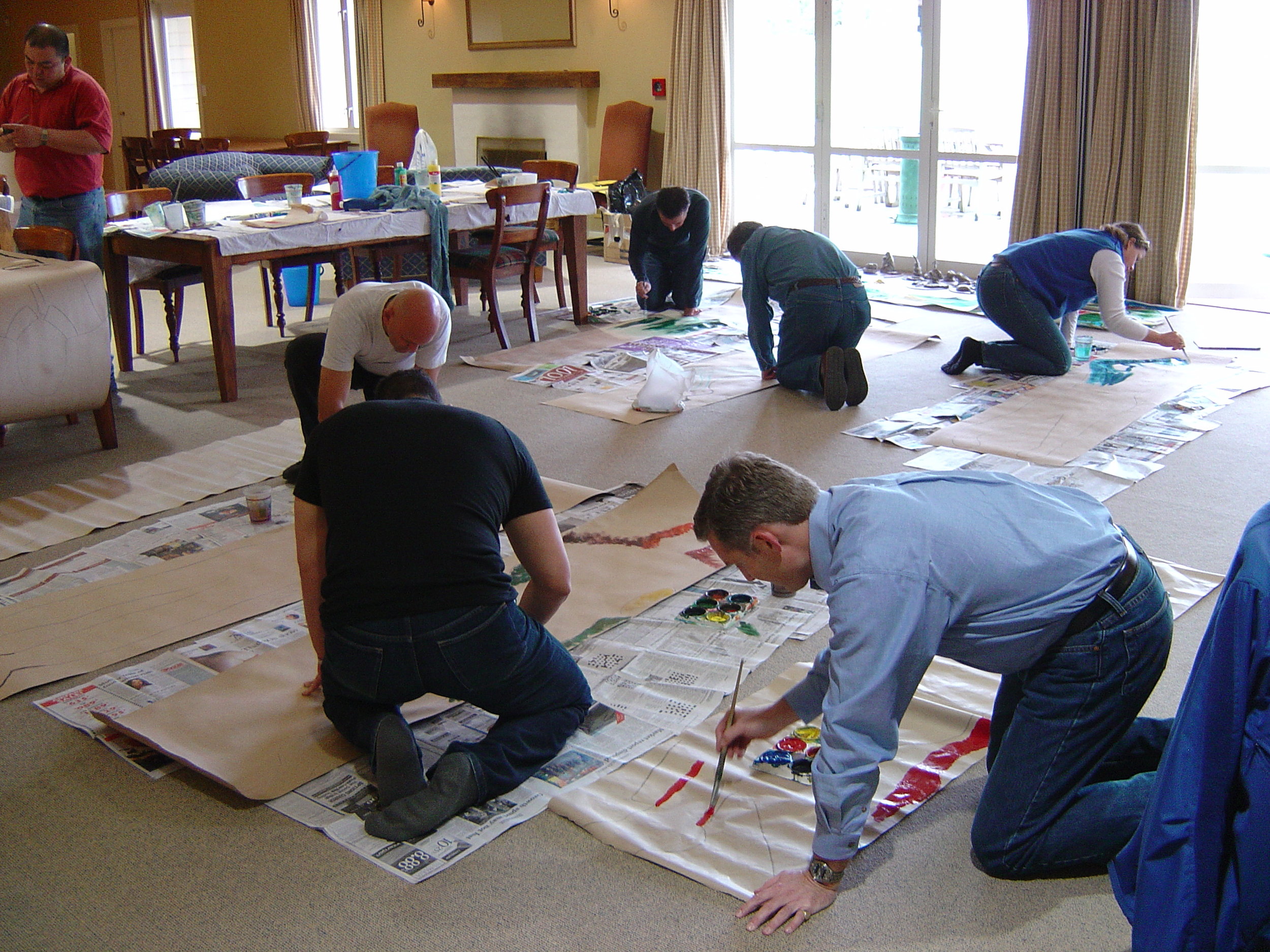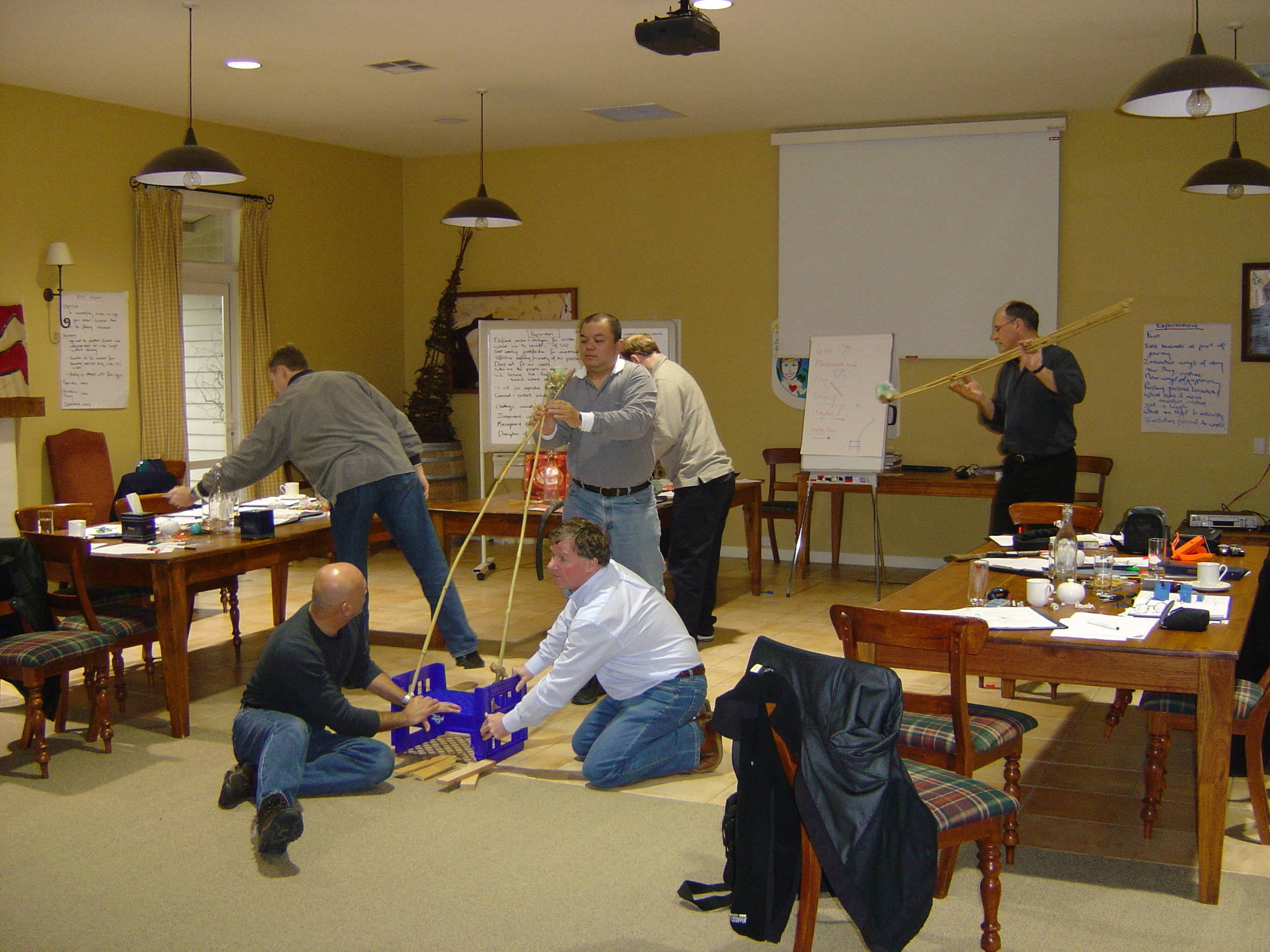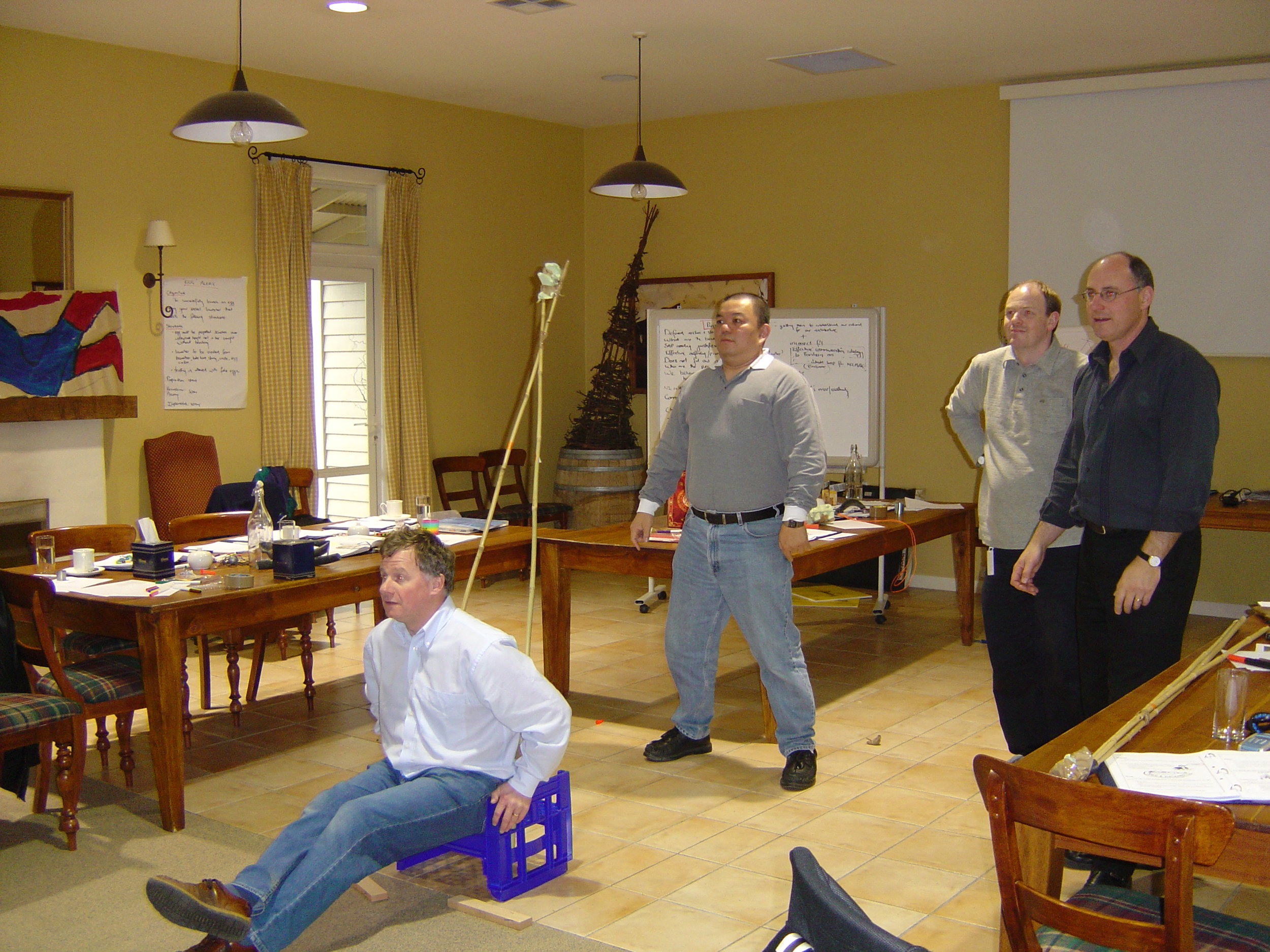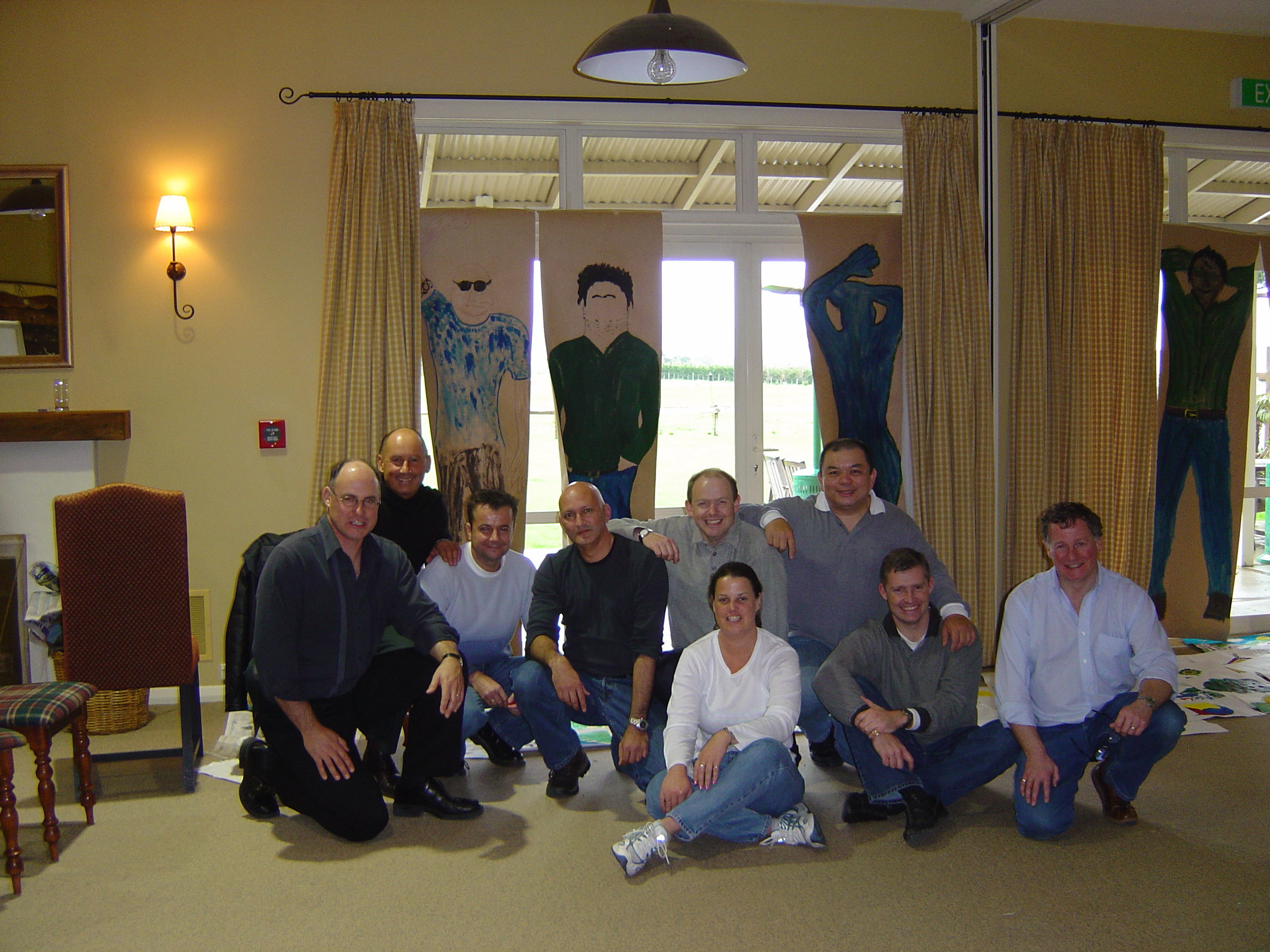Creativity & Business Innovation
New information, technology, staff, procedures and a constantly changing market, demand leadership to provide the initiative and innovation that leads to effective and efficient service.
This requires personal and team creative thinking and problem solving skills to manage change, issues and develop new opportunities and ways of working.
Workshop Objectives
- To enable leaders to fully develop and utilize their creative thinking and problem solving skills
- For participants to rediscover the phenomenal power and untapped potential of their whole brain
- To provide leaders with specific skills and knowledge to foster innovation at work.
Learning Outcomes
- Gain an understanding of creativity, its source and the latest research in whole brain functioning
- To feel more confident in your own creativity and ability to move into new areas and to accept new ideas
- Gain an understanding of how your own and others' thinking processes work
- Learn and practise a six-step creative thinking process, applicable to any new initiative or problem
- Have applied the creative thinking process successfully to a real work problem with a team
- Master a variety of intuitive and linear techniques to generate ideas.
- Be able to identify mental road blocks in yourself and others, and how to remove them
- Understand key processes essential for fostering innovation in the workplace
- Be confident in facilitating creative processes with your team
- Turn your working environment into a more vibrant and exciting place to work.
Learning Methodology
This workshop is highly practical and participative. It includes pre-workshop material and personal presentations, interactive dialogue, practical case studies, experiential team activities, review sessions and conceptual models – all integrated into a dynamic learning experience.
The case studies and practical material have a high degree of relevance to work situations.
Personal Action Plans are created during the workshop.
Programme Structure
A three-day workshop followed by a one-day follow up three months and then again six months after the initial workshop. This consolidates the learning and is essential to support behavioural change.
The workshops use multi media activities requiring extensive materials and equipment. This requires more setup time before and during the workshop, and works best with one lead facilitator per 12 participants. For 12 –18 participants two facilitators are needed.
The initial workshop is best held offsite in a large conference room in a quiet location.
The follow up sessions can be held on site if needed.
Specialist facilitators are used depending on the programme and location:
- Juliet Monaghan: Creative improvisation and theatre sports
- Mr Carin Wilson: Maori perspective and practical applications of Creativity
- Fraser Bruce: Sound synergy, movement and drumming.
Takeaway Tools
- Six step creativity process
- Linear and intuitive idea generating techniques
- Incentives for fostering innovation in the workplace
- Support and reference sources
- Personal Action Plan
- A gallery of self-created items.








